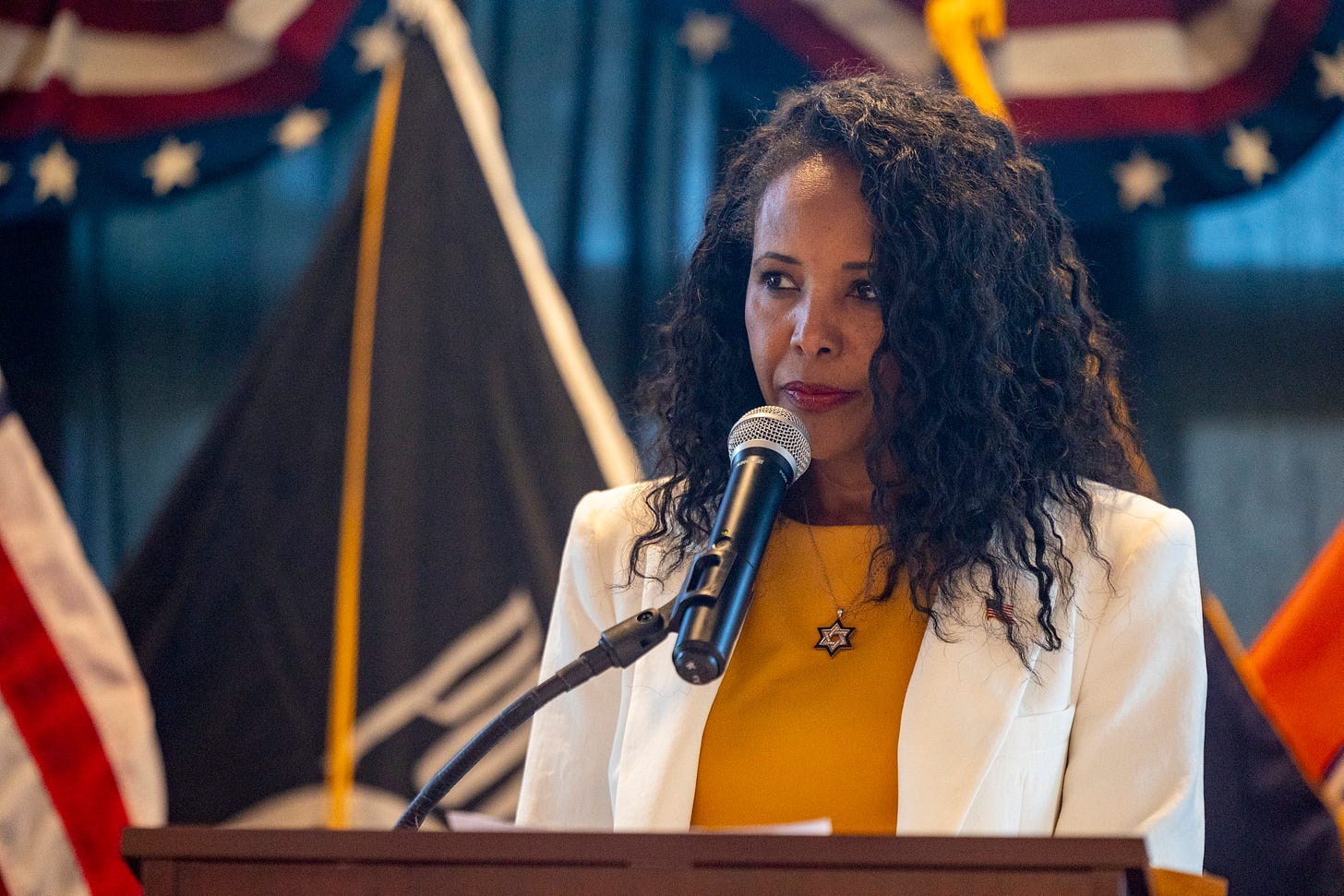Are New York Republicans Slow-Walking Into George Santos 2.0?
Plus: The secret ingredient to the least effective Congress
In the upcoming special election to fill the House vacancy left by the expulsion of disgraced Rep. George Santos in New York’s 3rd Congressional District, the Republican candidate is giving indications that she could end up being more of a Santos understudy than a Santos alternative.
In some far-left enclaves and across the board in the Republican party, primaries often produce nominees who are unqualified, ideologically extreme, or politically immature, and the elevation of these candidates can put typically safe general election races in jeopardy. Chaos can result if they manage to actually get elected, with Santos himself being the most well-known example. A few other recent catastrophes include J.R. Majewski’s failed candidacy—he fumbled his race in Ohio after he was found to have fabricated much of his military record—and current Rep. Lauren Boebert (R-Col.). Boebert ousted a safe GOP incumbent, Scott Tipton, and the controversies she’s created while in office have broken her party’s grip on her district. (She’s now carpetbagging into a neighboring district for better re-election chances.)
When local Republican officials announced they’d chosen Nassau County legislator Mazi Melesa Pilip to be their candidate to try to keep GOP control of Santos’s former seat, it was seen as a safe bet. Although some might disagree with local leaders picking the candidate instead of voters, this type of decision is often made on the basis of a manila folder full of data about why the chosen pol will give the party the best possible advantage. Zero emotion, just a machine-like process yielding a campaign that comes calibrated to win a critical election.
But as the Feb. 13 race draws closer, it’s starting to seem as though local party leaders made a riskier bet than they realized. Pilip has hid from the press and public, caused confusion on campaign financial disclosures, and done very little to indicate her position in a number of critical policy areas.



